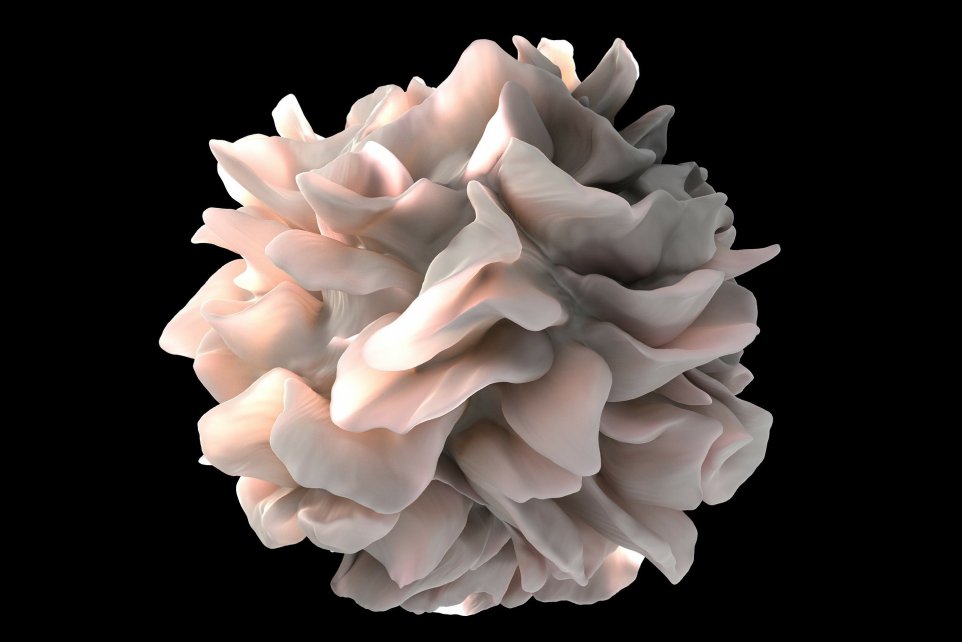The ability to hide from the immune system is a well-established hallmark of cancer cells. Some immune evasion strategies can be affected by epigenetic mechanisms and targeting these mechanisms with cancer therapeutics is a promising area of active investigation.
The immune system is thought to play an important role in recognizing and eliminating cancer cells. Early studies comparing immunodeficient mice to immunocompetent controls highlighted that deficiencies to both the innate and adaptive immune responses increased tumour incidence.
In recent years, efforts to understand how cancer evades the immune system have led to the development of novel cancer immunotherapy approaches called immune checkpoint inhibitors, the significance of which was highlighted by the 2018 Nobel Prize in Physiology or Medicine, jointly awarded to immunologists Drs. James P. Allison and Tasuku Honjo. Their work revealed the roles of the immune checkpoint proteins CTLA-4 and PD-1, paving the way for the development of immune checkpoint inhibitors targeting CTLA-4 or PD-1/PD-L1, which have since become widely used anti-cancer therapies in the clinic.
Recent research has revealed an important role for epigenetics in cancer immunotherapy. Current areas of investigation include the use of epigenetic drugs in combination with other immunotherapy-based approaches and the validity of epigenetic modifications as potential biomarkers to predict immunotherapy success.
Epigenetic drugs have been shown to boost immune recognition of cancer cells by increasing expression of tumour-associated antigens, such as cancer testis antigens (CTAs). CTAs, which are expressed in embryonic and germ cells, are typically silenced in mature somatic cells through DNA methylation. However, the use of DNA hypomethylating agents can lead to promoter hypomethylation and expression of CTAs in cancer cells. In turn, CTAs can be recognized by immune cells which aim to kill these cancer cells.
Clinical trials of DNA hypomethylating agents and immunotherapy have been initiated based on these observations. For example, one Phase Ib trial is testing the efficacy of guadecitabine, a DNA hypomethylating agent, in conjunction with ipilimumab, an anti-CTL4 antibody, in patients with metastatic melanoma (NCT02608437). Another example is a phase 2 study using azacytidine, a DNA hypomethylating agent, in combination with pembrolizumab, an anti-PD-1 antibody, in patients with metastatic colorectal cancer (NCT02260440).
The importance of the immune response in the fight against cancer is evident, and recent research suggests that epigenetic mechanisms play a key role in immune evasion. The use of epigenetic drugs to enhance the cancer immune response is a rapidly evolving and promising area of research that may pave the way to improved outcomes for cancer patients being treated with immunotherapies.

